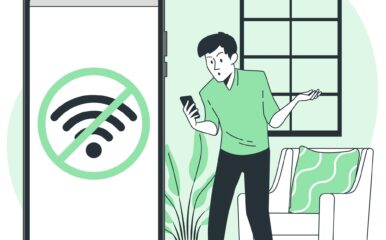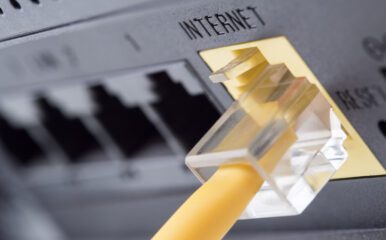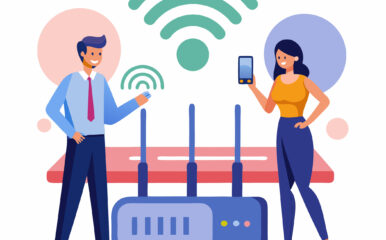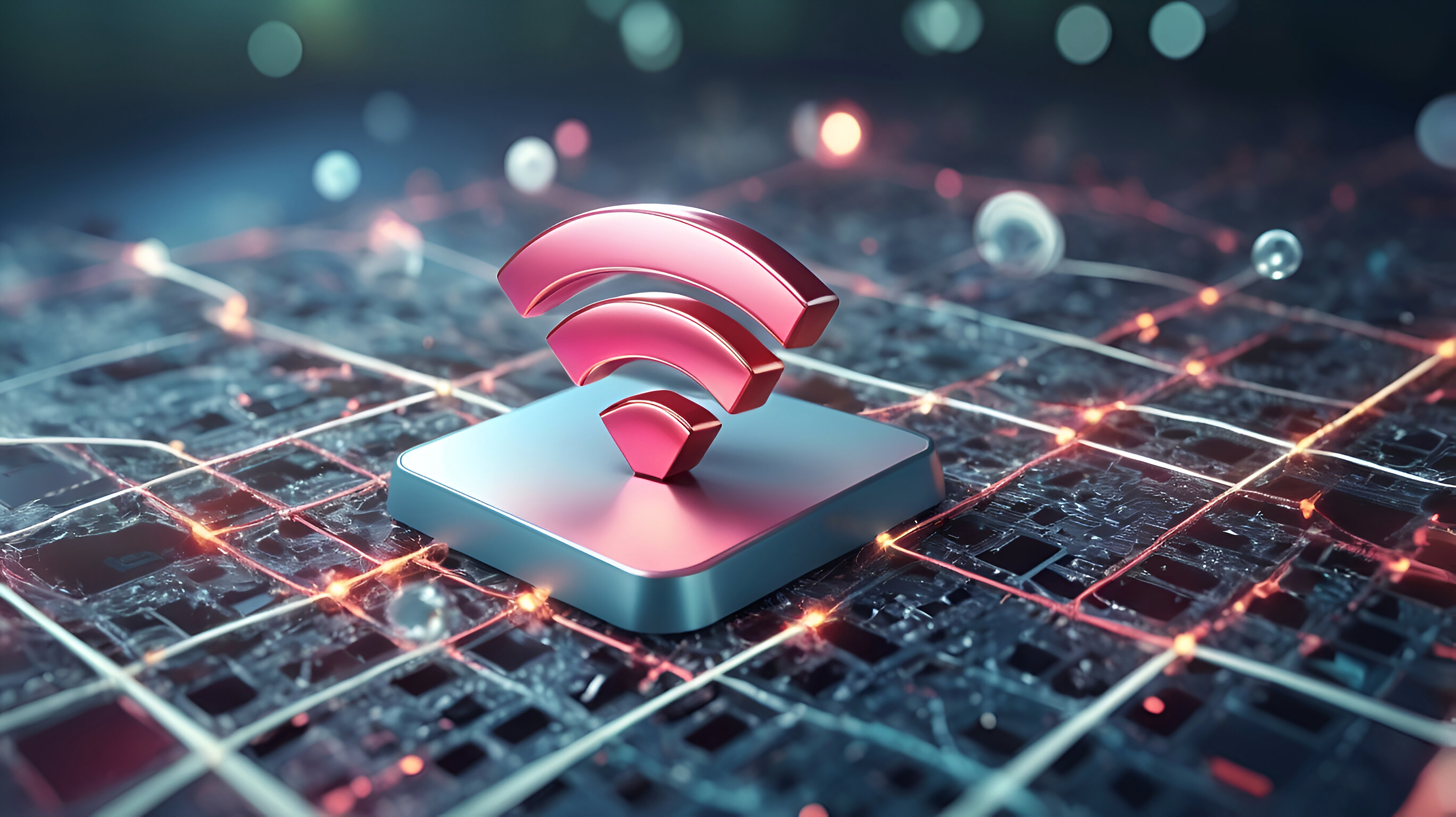Latest News
All West Communications Celebrates Marty Carollo’s Induction into the Cable TV Pioneers Class of 2025
July 8, 2025
Blog
Fiber Internet vs. 5G Home Internet: Which Offers Better Reliability?
June 16, 2025
Latest News
All West Connects First Fiber Internet Customer in Bluffdale, Utah
June 10, 2025
Blog
Fiber vs DSL Internet: Which Is Better?
June 9, 2025
Blog
Fiber vs Satellite: Choosing the Right Internet for You
June 9, 2025
Blog
How to Choose the Right Router for Your Home
June 6, 2025
Blog
How to Switch Internet Providers the Right Way
June 5, 2025
Blog
How to Get High-Speed Internet in Rural Areas
June 5, 2025
Blog
How to Watch TV Without Cable: Cut the Cord
June 4, 2025
Blog
How Many Devices Can 1 Gigabit Internet Support?
June 2, 2025











